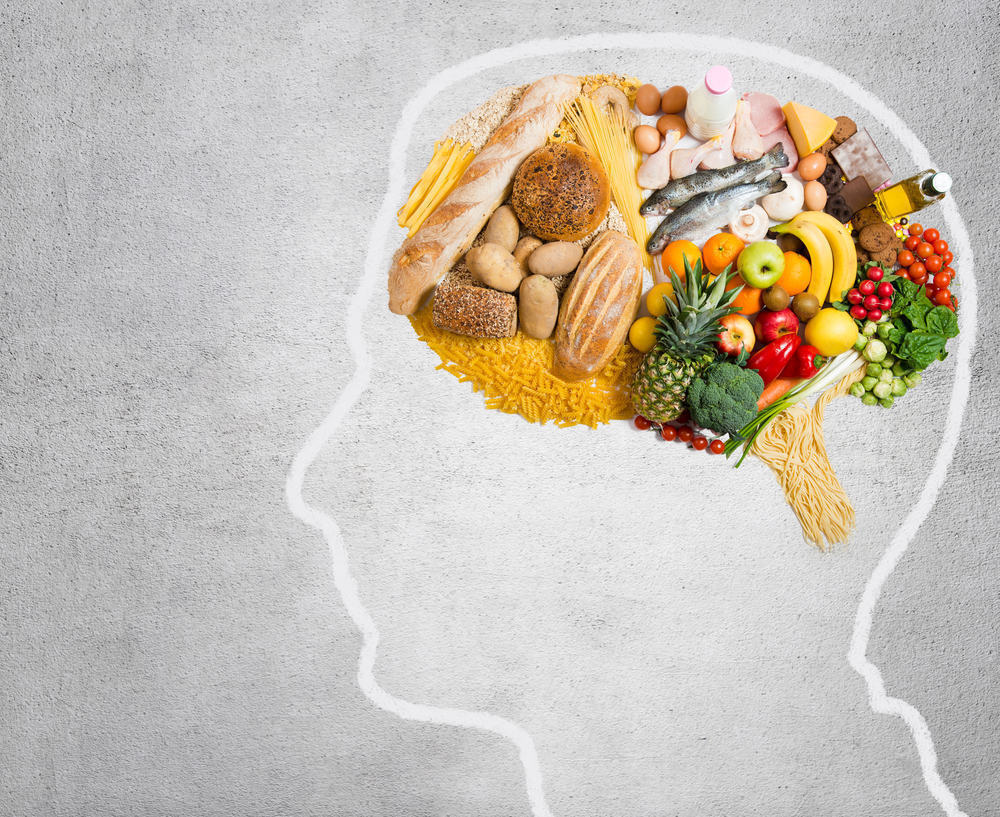Contents:
Medical Video: GLYCOLYSIS ☀️HOW MUCH DO YOU THINK YOU KNOW QUIZ?
How much is your knowledge about nutrition and healthy food? Try the contents of our quiz, which will also help you learn what you need to know to help you be more fit and healthy.
- Eating only egg whites is more healthy than eating all eggs including yellow = True | Wrong
- Salt causes high blood pressure = Right | Wrong
- To get rid of 454 grams of fat, you need to eat fewer than 3500 calories that your body needs = Right | Wrong
- Saturated fat is dangerous for you = Right | Wrong
- Diet soda is more healthy than ordinary soda = True | Wrong
- Sleep deprivation can make you fat = Right | Wrong
- Reduced weight on the scale is reduced fat = Correct | Wrong
- It is best to eat 5 times a day = Right | Wrong
- Eating makes you fat = Right | Wrong
- Whole wheat (whole wheat) should be the main energy source = True | Wrong
Answer:
- Wrong - in addition to all its ugliness, good quality egg yolks are very healthy. Egg white contains only a little nutrition compared to egg yolk, because the nutrients in the yolk are stored in a component called lecithin. Lecithin emulsifies the fat and cholesterol content of eggs and makes whole eggs a very healthy and balanced food source. Chicken eggs can be enjoyed in larger quantities. Dr. Bernard Jensen, writer Food That Heal explain egg yolk as "having the right nutrients for the brain, nerves, and glands".
- Wrong - a recent study published in the New England Journal of Medicine has determined that there is not enough evidence to show that limiting salt consumption has an effect on health. Research has proven that when we limit salt consumption, the reduction in blood pressure produced is not too significant (120/80 can drop to 118/79), not enough to make a difference. Moreover, limiting too much salt also has a risk because the human body needs salt to function properly.
- Wrong - the fact is there is evidence that has accumulated for almost a century that the theory of calories has no effect, but our society is very firm in that statement. The mantra "more moves, and less food" to lose weight just seems to make people fatter.
- Wrong - the statement that saturated fat is not good for you and will increase your risk of heart disease and heart attack is wrong, this is another myth that has endangered your health for the past 30-40 years. Saturated fats from good sources are important for your health and have been proven to be beneficial for heart health, strong bones, liver health, lung function, brain function, good transmission of nerve signals and immune strength.
- Wrong - there are no healthy components in both. Diet soda has fewer calories but contains more chemicals that endanger your health and body.
- Right - lack of sleep greatly disrupts the process of burning fat and building muscle. Sleep deprivation lowers androgen levels and growth hormone levels, which then reduce the chemical components and mechanisms to burn fat and build muscle. There is a big connection between insufficient sleep and being overweight / obese.
- Wrong - scales only show your total weight, not the network you burn. If someone limits calories, he will lose muscle. Conversely, if someone is exercising properly he will build muscle, which can fill fat loss, as shown on the scales. Scales can be deceptive, or at least do not give a complete picture. It's better to take photos, measure width, and try old clothes and measure fat percentage.
- Wrong - The best approach is to eat when you feel hungry, not when it's time to eat. People's metabolism is different from one another and there are no strict rules that can be followed. If you are not very active, eating five times a day is wrong, because this will increase the level of insulin which can cause the body to enter the state of storing fat instead of burning fat.
- Wrong - Eating sugar makes you fat! Fat is an important part of your diet and contains essential vitamins and nutrients needed to maintain health. What's more, some good fats deactivate fat-storing genes and activate fat-burning genes.
- Wrong - whole wheat and starch which are low in the glycemic index are actually only empty calories. This means they provide limited sugar and nutrition. The sugar produced is digested more slowly, but sugar is still sugar and if there is no energy deficiency, insulin will convert sugar into fat. Energy sources should come from fibrous carbohydrates, aka vegetables.
Quiz: How Much Do You Know About Nutrition?
Rated 5/5
based on 1285 reviews












